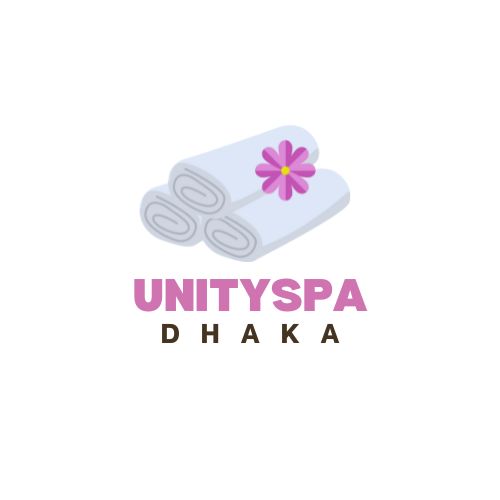Why Massage Therapy Can Boost Productivity and Mental Clarity
In today’s fast-paced world, productivity and mental clarity are essential for success. However, the stress of daily life can take a toll on both physical and mental health, leading to decreased performance. Massage therapy, often viewed merely as a luxury or a means for relaxation, has been shown to have significant benefits for enhancing cognitive functions and overall work efficacy. Here’s how regular massage therapy can be a game-changer for boosting productivity and mental clarity.
Understanding the Connection Between Massage and Mental Performance
The Impact of Stress on Cognitive Functions

Stress is a common factor that affects cognitive abilities, such as concentration, memory, and decision-making. Chronic stress can lead to a constant state of fight or flight, releasing hormones that can be detrimental to brain health and professional performance.
How Massage Alleviates Stress and Tension
Massage therapy is a proven method to reduce stress levels. The manipulation of soft tissues during a massage promotes relaxation and increases the release of endorphins—the body’s natural painkillers and mood elevators. The reduction in stress hormones like cortisol further aids in establishing a calmer state of mind conducive to better focus and concentration.
Improving Circulation for Better Brain Health
Improved blood circulation is another benefit of massage therapy that can lead to enhanced mental clarity. Increased blood flow ensures that the brain receives a sufficient supply of oxygen and nutrients, which is necessary for optimal cognitive function.
The Tangible Benefits of Massage for Professional Productivity
Enhanced Attention and Concentration
Regular massage sessions can help individuals maintain a high level of attention and concentration. This is particularly crucial for tasks that require prolonged mental engagement or intricate detail work. A clear and focused mind resulting from massage therapy can significantly improve the quality and efficiency of one’s work output.
Boosting Energy Levels and Reducing Fatigue
Fatigue, both physical and mental, can be a major hindrance to productivity. Massage therapy can reinvigorate the body’s energy flow and reduce the sensation of tiredness, leading to a greater capacity for tackling work-related tasks without feeling overwhelmed or exhausted.
Promoting Creativity and Problem-solving Abilities
A relaxed body and mind pave the way for better creativity and innovation. By freeing the mind from stress and physical discomfort, individuals may find their cognitive flexibility and problem-solving skills markedly improved, which is invaluable in dynamic and creative professional environments.
Massage Therapy as a Tool for Enhancing Workplace Wellness
Incorporating Massage into Corporate Wellness Programs
Employers seeking to boost workplace productivity are increasingly recognizing the value of incorporating massage therapy into corporate wellness programs. On-site massage services and partnerships with local massage therapists are becoming popular means to facilitate regular access for employees.
The Ripple Effect of Reducing Absenteeism
By aiding in stress management and overall health, massage therapy can reduce absenteeism caused by stress-related illnesses. As employees take fewer sick days, companies benefit from a more consistently present and engaged workforce.
Measuring the ROI of Massage Therapy in Business Settings
Although there might be upfront costs to providing massage therapy for employees, businesses often notice a return on investment through enhanced worker productivity, a stronger sense of well-being among the staff, and ultimately, a more positive company culture.
Conclusion: Prioritizing Massage Therapy for Peak Performance
The connection between massage therapy, productivity, and mental clarity is more than just anecdotal—it’s backed by science. Regular massage therapy sessions can lead to significant improvements in cognitive functions, directly impacting an individual’s ability to perform in high-demand environments. By prioritizing well-being through massage, both individuals and businesses can thrive, fostering a culture of health and efficiency. To capitalize on this holistic approach, it’s crucial to view massage not just as an indulgence, but as a strategic tool for enhancing professional success.
